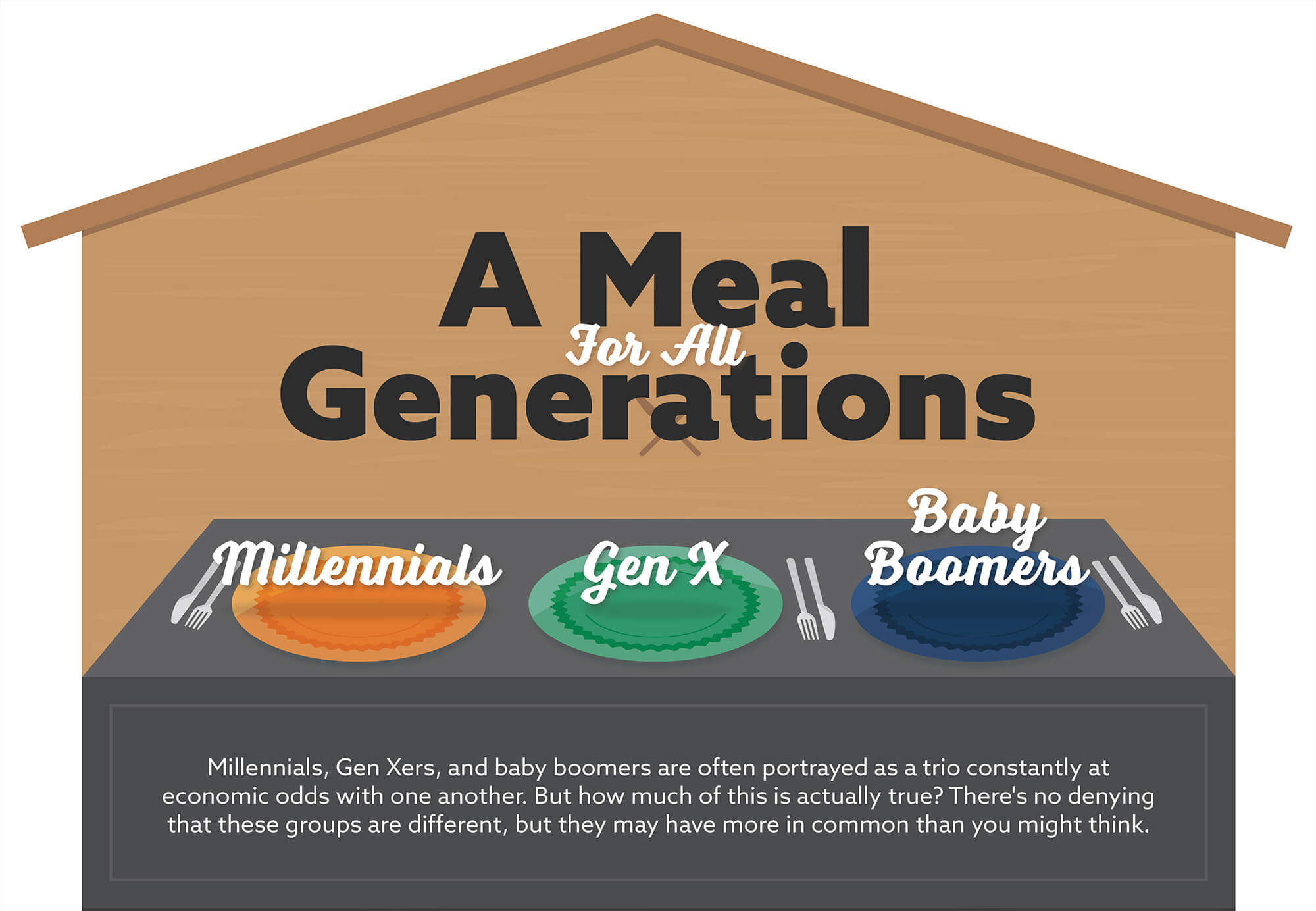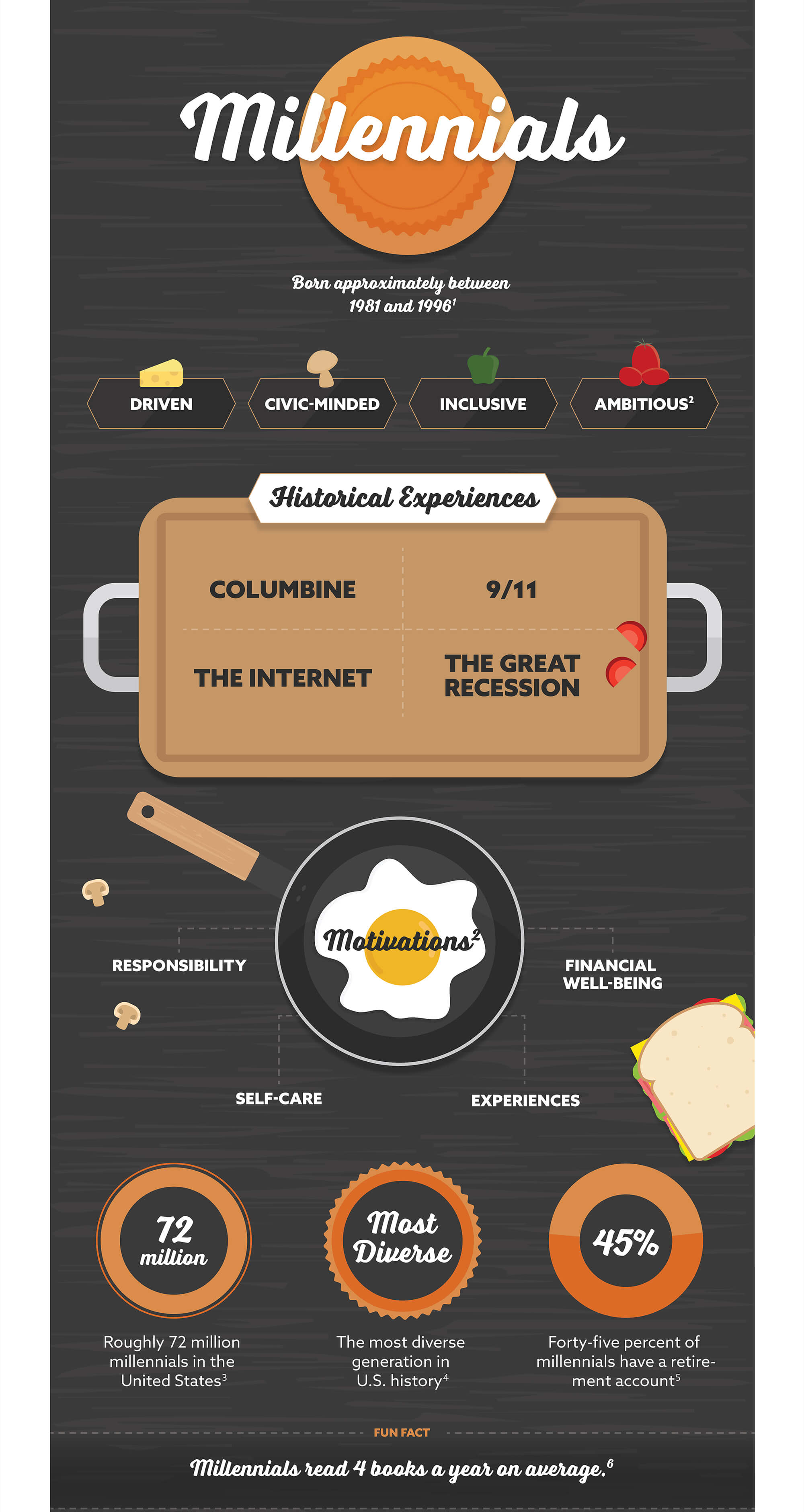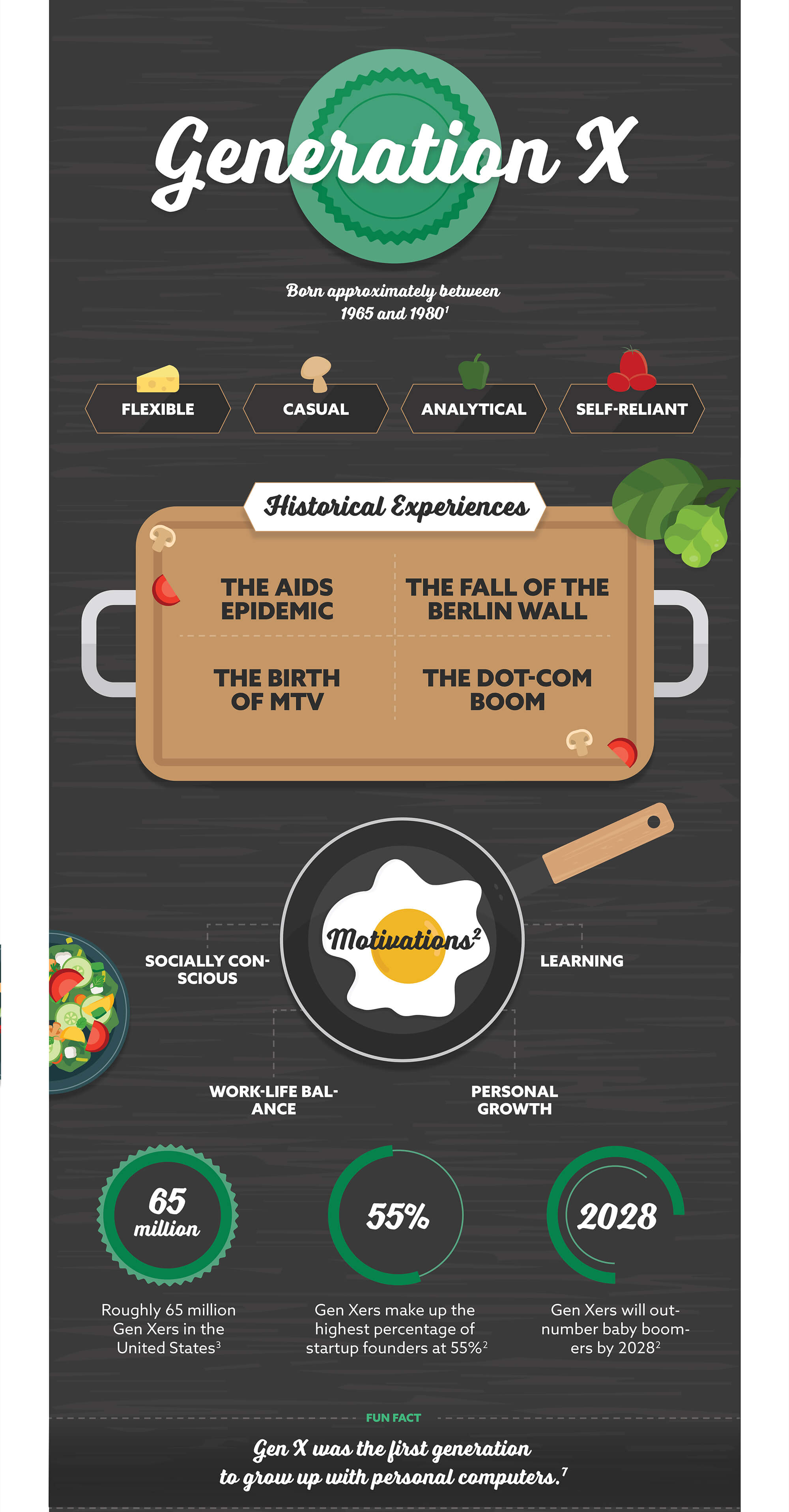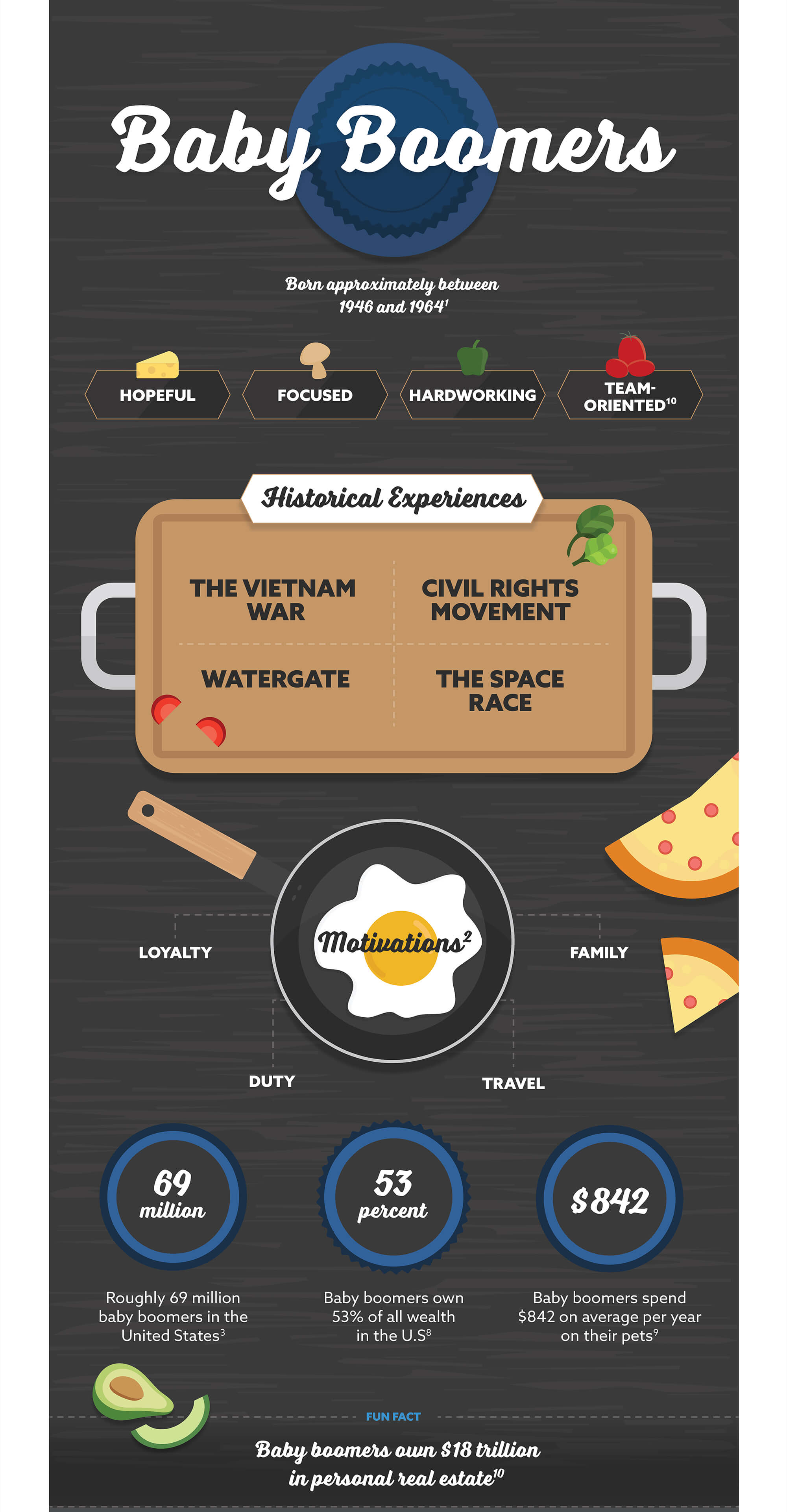Check the background of your financial professional on FINRA's BrokerCheck.
The content is developed from sources believed to be providing accurate information.
The information in this material is not intended as tax or legal advice. Please consult legal or tax professionals
for specific information regarding your individual situation. Some of this material was developed and produced by
FMG Suite to provide information on a topic that may be of interest. FMG Suite is not affiliated with the named
representative, broker - dealer, state - or SEC - registered investment advisory firm. The opinions expressed and
material provided are for general information, and should not be considered a solicitation for the purchase or
sale of any security.
We take protecting your data and privacy very seriously. As of January 1, 2020 the California Consumer Privacy Act (CCPA) suggests the following link as an extra measure to safeguard your data: Do not sell my personal information.
Copyright 2024 FMG Suite.
Securities offered through Concourse Financial Group Securities, Inc. (CFGS), member FINRA/SIPC. Advisory services offered through Concourse Financial Group Advisors, a DBA for CFGS, a Registered Investment Advisor. AGT Financial, LLC is independent of CFGS.
For a copy of CFGS’s Form CRS please visit: https://www.concoursefinancial.com/investor-disclosures












